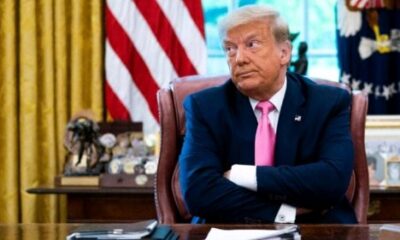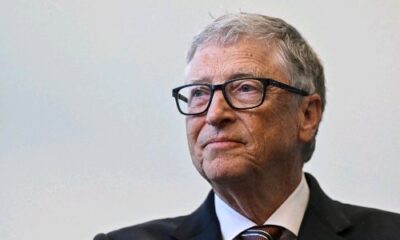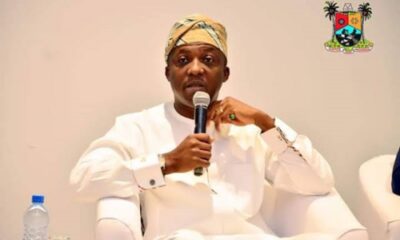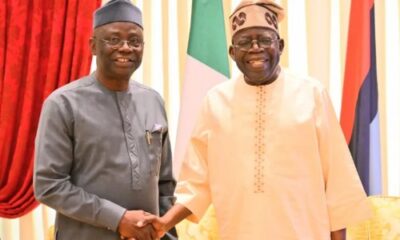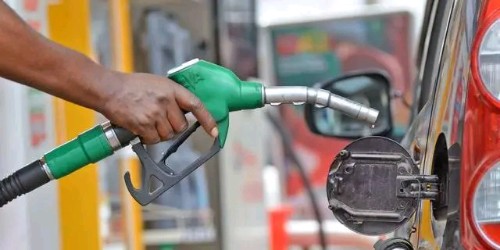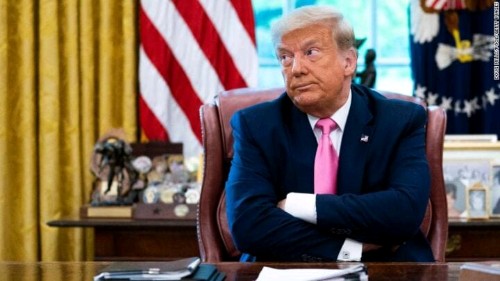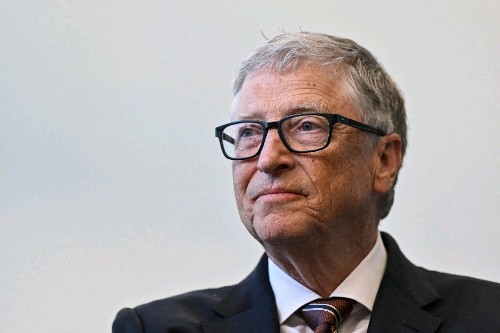BIG STORY
DSS Confirms Plot For Interim Government By Misguided Political Actors
-
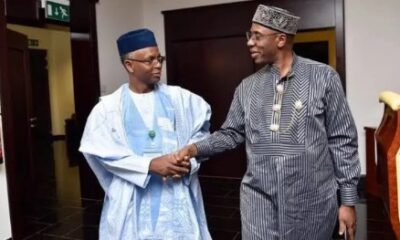
 BIG STORY2 days ago
BIG STORY2 days agoRoad To 2027: Coalition Considers Amaechi/El-Rufai Ticket Amid Doubts Over Peter Obi
-
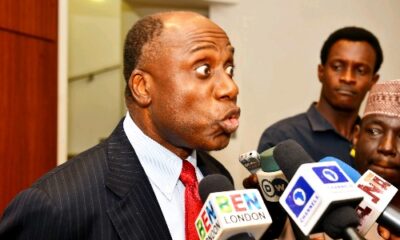
 BIG STORY3 days ago
BIG STORY3 days agoI’m hungry, Says Former Rivers Governor Amaechi After Two And Half Decades Of Active Politics
-
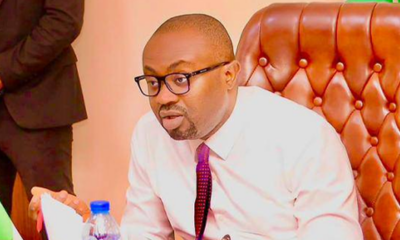
 BIG STORY3 days ago
BIG STORY3 days agoFG Declares 6th, 9th June, 2025 Public Holiday To Mark Eid-Ul-Adha Celebration
-
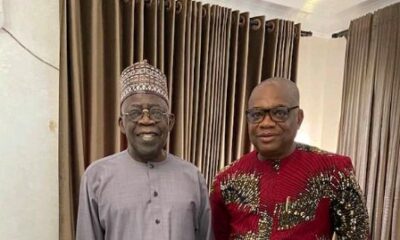
 BIG STORY2 days ago
BIG STORY2 days agoOrji Kalu Asks Tinubu To Sack ‘Some’ Ministers, Security Chiefs’
-
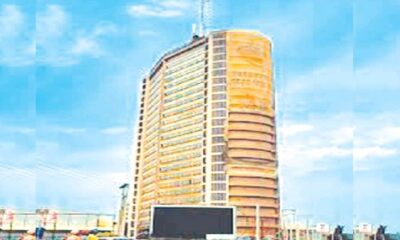
 BIG STORY1 day ago
BIG STORY1 day agoInside Oyo: Man Falls From 26-Storey Cocoa House In Ibadan
-
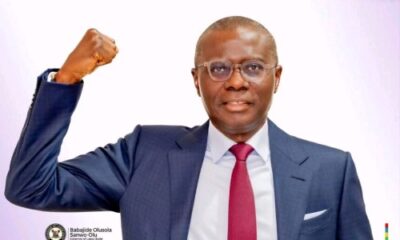
 BIG STORY3 days ago
BIG STORY3 days agoThe Man Who Carried A City: Lanre Alfred Celebrates Sanwo-Olu At 60 With Landmark Book
-
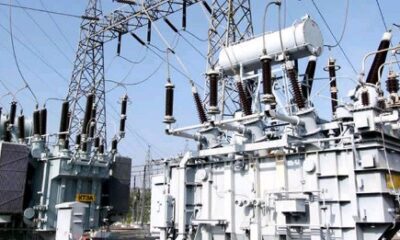
 BIG STORY2 days ago
BIG STORY2 days agoPresidency Moves To Settle N2tn Power Debt
-

 BIG STORY1 day ago
BIG STORY1 day agoGovernor Lucky Aiyedatiwa Endorses Laffmattazz, Says Ondo State Is Safe For Tourism And Entertainment [PHOTOS]










